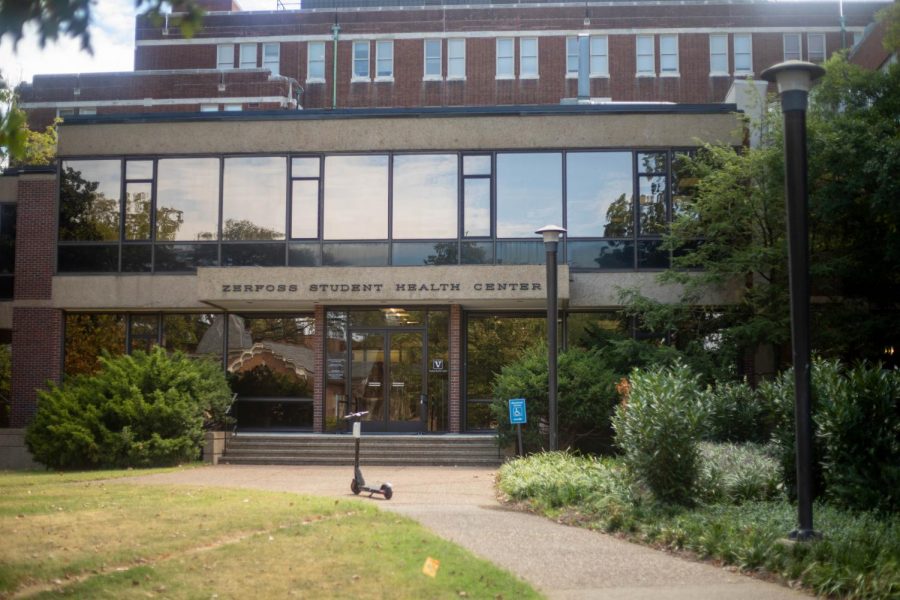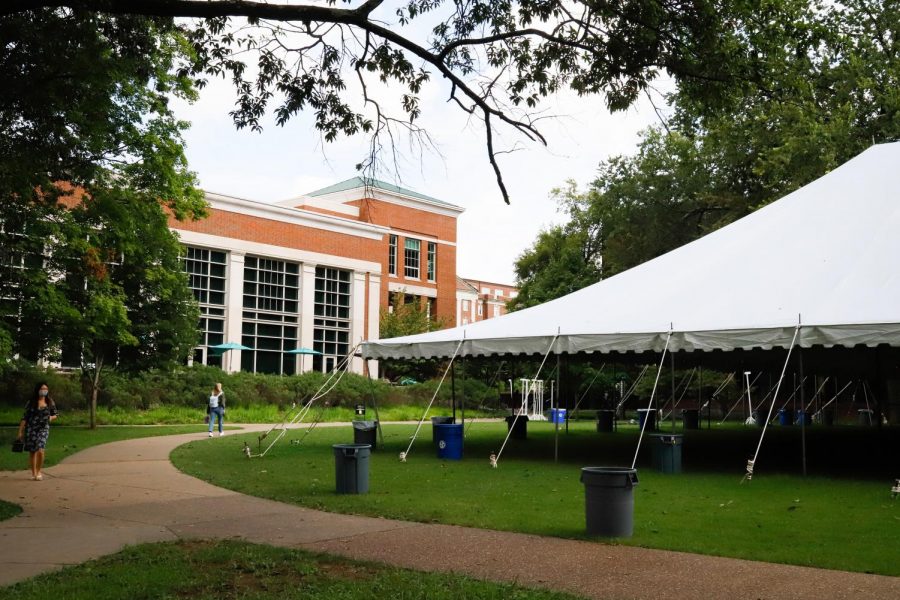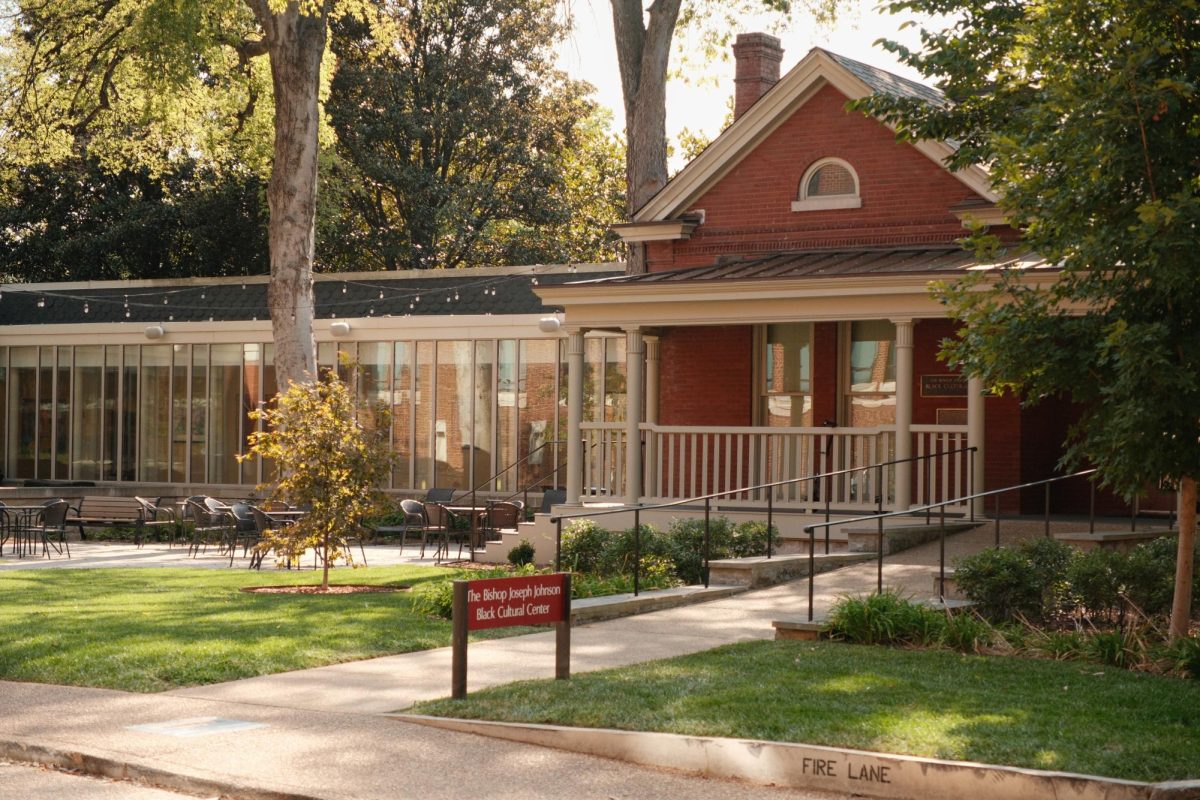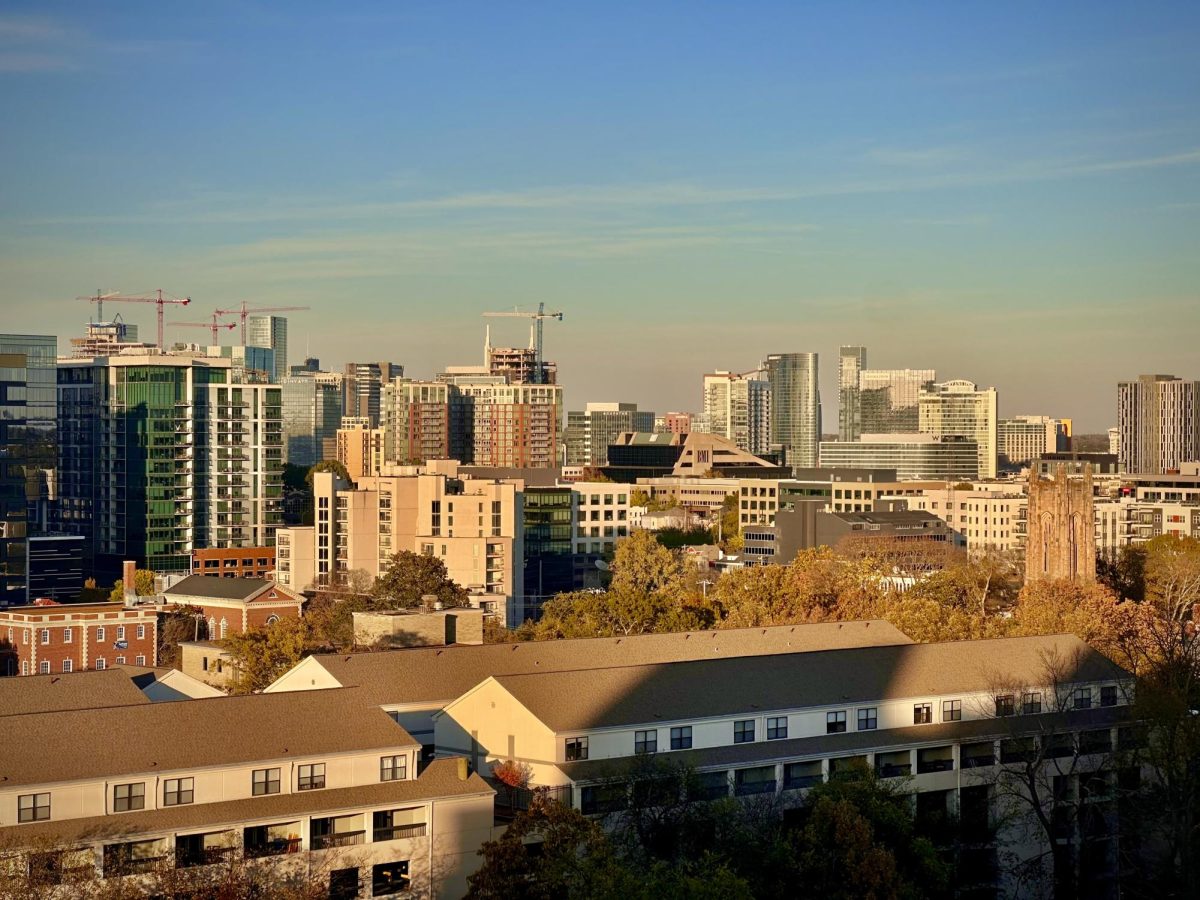“Hey, we haven’t talked in a while, but I was worried about you and your family with the coronavirus in Wuhan.” A text from my phone buzzed while I was walking in the midst of the lunch crowd at Rand. Not only was I mildly surprised by my middle school friend’s unexpected text but also the fact that she still remembers her visit to my hometown Wuhan eight years ago.
This is not the first message I have received about the recent outbreak, and I’m sure it’s not the last. Even before the World Health Organization declared the coronavirus as a public health emergency of international concern, Wuhan, my home for ten years and the origin of this infectious disease, has been attempting to contain the disease through a series of quarantine policies. The case numbers have been on the rise. On Feb. 15, coronavirus tracking map reports that the outbreak has already sickened more than 67,000 people in Asia, mostly concentrated in the city of Wuhan.
As of Feb. 15, at least 1523 people have died globally, yet the development of drug treatments and the lethality of the virus are still unclear. However, if the wake of the novel coronavirus has made nothing else apparent, it is the social stigma, discrimination and spread of inflammatory language that has furtively snuck above the surface as a way to reinforce the existing prejudices. While fear and anxiety are common responses to a new health crisis, some people use this disease as an excuse to carry undercurrents of discrimination toward Chinese students.
News outlets such as Wall Street Journal use alarming rhetoric in depicting the coronavirus, especially the recent headline “China is the Real Sick Man of Asia ” on one of its columns. This racist trope was first used in the 19th Century when white labor unions barred Chinese workers from entering the country for the belief that they transmit more virulent disease. While the argument in the article doesn’t speak to its headline, using such overtly derogatory language in the title to drive clicks when millions of Chinese are suffering from coronavirus is unacceptable and disappointing.
Insidious prejudices against Chinese existed prior to this outbreak, yet the coronavirus revives stigma for China and evokes blasts of derogatory jokes about Asian people, especially Chinese. The echochamber of hate and xenophobia has been rampant across social media platforms such as Tik Tok, Twitter and Facebook. We’ve entered a time when Asians merely posting videos makes them targets for harassment, racial slurs and stereotypes. And while this social stigma is not new, the coronavirus has allowed people to justify it and mask blatant racism as “jokes.”
While many people defend their comments as jokes or coping-mechanisms for the outbreak, jokes show no empathy to the separated families and doctors sacrificing their lives to save patients. In reality, their comments portray stereotypes of the coronavirus as a manifestation of the “uncivilized” aspects of the East, racializing the virus.
Many recent derrogatory social media posts have been aimed at Asian eating habits which have been the subject of discrimination for ages. In the 1800s, many Westerners regarded Chinese people as “dirty heathen rat eaters.” Nevertheless, hundreds of years later, many people still force this stereotype and draw dated rhetoric that associates Chinese people with filthy and dirty food. Creating more panic and chaos, reckless language against Chinese citizens encourages racism and drives the focus away from supporting those directly impacted, leading to greater misinformation even on college campuses.
For example, University of California at Berkeley, an institution with a large Chinese population, posted xenophobia under common responses for coronavirus along with anxiety, worry, social withdrawal, etc. on Instagram while attempting to inform the student body of this outbreak. Regardless of its intentions, the school normalizes racism by regarding xenophobia as a usual response to coronavirus. While the university apologized for its actions, listing xenophobia as a “common” response for a virus outbreak makes Chinese students vulnerable to discrimination. The xenophobic sentiment doesn’t stop at Berkeley. At the University of Wisconsin-Platteville, two undergrads from Wuhan were moved to a “special dorm” as opposed to rooming with their American roommates as planned and told to regularly take their temperatures, despite not showing any symptoms.
Admittedly, our fear of the virus is understandable, yet we should treat this virus with all seriousness and focus on the facts rather than making assumptions and trusting rumors. Fear shouldn’t be used to justify racism and hostility. Many students who are here have loved ones in China, and they face psychological impacts and extreme anxiety. By no means, should division and xenophobia be the response to this crisis. I urge the Vanderbilt community to act with kindness, practice empathy and support each other in face of the coronavirus outbreak.









